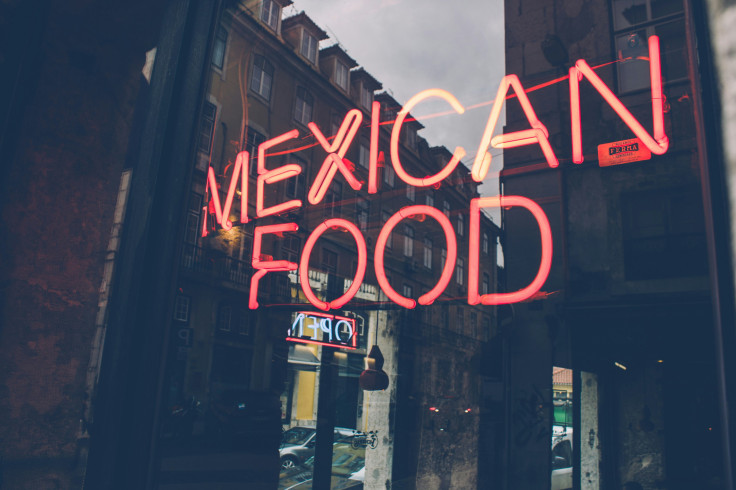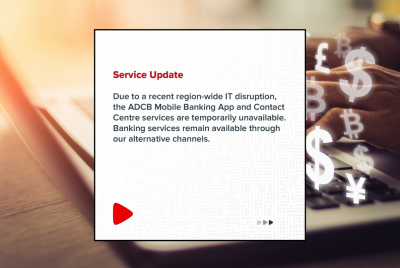Inside Abuelo's Bankruptcy: Are America's Mexican Restaurant Chains on the Brink of Collapse?
Abuelo's closures highlight rising costs and fierce competition in Mexican chains

Abuelo's, one of America's once-beloved Mexican restaurant chains, has officially filed for Chapter 11 bankruptcy after years of financial stress, falling customer traffic and soaring costs. According to Restaurant Business, the Texas-based chain cited declining sales, labour pressures and shifting dining habits as key factors behind its financial collapse.
The filing, made in the U.S. Bankruptcy Court for the Northern District of Texas, is part of what Abuelo's described as a strategic restructuring process designed to preserve operations while the brand reorganises.
At its peak, Abuelo's operated around 40 restaurants across the United States. Today, it is down to just 16 locations, spread across Arizona, Arkansas, Florida, Kansas, Oklahoma, South Carolina and Texas.
Court documents show the company listed assets and liabilities between $10 million and $50 million (£7.8 million to £39 million). Its parent company, Food Concepts International, also filed for bankruptcy in early September, and the two companies have requested that their cases be consolidated to streamline the proceedings.
In a public statement reported by Restaurant Business, Abuelo's said the restructuring was intended to strengthen its long-term financial position while maintaining stability for employees, vendors and customers. The company added that it plans to continue normal operations throughout the process.
Years of Decline
Abuelo's financial struggles have been building for years. FSR Magazine reported that customer traffic dropped by nearly six per cent in 2023, with the downturn continuing into 2024. In response, the company closed underperforming restaurants and cut overhead expenses, but these measures were not enough to offset rising costs, staffing shortages and evolving consumer preferences.
Industry analysts say Abuelo's troubles reflect a broader crisis facing the American casual dining sector. Oversaturation, high rents, food inflation and the growing dominance of fast-casual chains have pushed many mid-tier restaurant brands to the brink.
A Once-Favourite Facing the Heat
Founded in 1988, Abuelo's became a fixture in the Tex-Mex dining scene, celebrated for its homely atmosphere, generous portions and classic dishes such as enchiladas, chimichangas and sizzling fajitas. For decades, it thrived on nostalgia and family dining, offering a full-service experience that stood apart from quick-service rivals.
But as dining habits changed in the wake of the pandemic, more Americans began opting for faster, cheaper options or home delivery. Abuelo's, like many traditional sit-down restaurants, struggled to adjust to this new reality.
An analyst quoted by Nation's Restaurant News described the situation as a cautionary tale for the full-service sector, saying that "loyalty alone is no longer enough to keep legacy brands alive in a market driven by convenience and value."
Still Serving – For Now
Despite the bankruptcy filing, Abuelo's has assured customers that all remaining locations will stay open while it restructures. The company said guests can continue to expect the same quality food and hospitality that made the restaurant a family favourite for nearly four decades.
For generations of diners who celebrated birthdays and gatherings under Abuelo's trademark stucco arches and warm lighting, the news marks the end of an era – and a reminder of how quickly even the most familiar dining names can fade.
The brand's financial woes mirror those of On the Border Mexican Grill & Cantina, which also filed for Chapter 11 bankruptcy earlier this year, closing several underperforming outlets. Together, these cases underscore the fragile state of the mid-tier Tex-Mex segment.
Oversaturation Weakens the Market
The global Mexican restaurants market size is projected to reach $76.27 billion (£57.11 billion) in 2025, according to Business Research Insights. Despite impressive headline figures, experts warn that the market is showing signs of strain.
Research from El Restaurante indicates that while major players like Taco Bell and Chipotle continue to expand, many smaller chains are contracting due to competitive pressure and a lack of brand differentiation.
Oversaturation has become a leading cause of bankruptcy within the category. Analysts report that too many chain Mexican restaurants are offering near-identical menus, décor, and price points, creating a crowded field with limited growth potential. Consumers are also shifting towards more regional or independently owned taquerías, where perceived authenticity and value are higher.
Rising Costs and Changing Consumer Behaviour
The financial difficulties plaguing Mexican restaurant chains are compounded by rising costs across the board. The post-pandemic period has seen increases in food prices, transport costs, and staff wages. Customers, meanwhile, have become more selective about dining out, often choosing cheaper or delivery-based alternatives.
Industry data suggest that consumers now view traditional chain Mexican restaurants as less affordable than they once were. The average menu price has climbed significantly since 2022, with burritos and combo meals now rivaling casual dining prices. In response, some brands have turned to smaller store formats, delivery kitchens, and digital loyalty programmes to offset falling dine-in sales.
Winners and Survivors Amid the Crisis
Not all chain Mexican restaurants are struggling. Taco Bell continues to dominate the fast-food segment with over 7,600 US locations, while Chipotle Mexican Grill has successfully capitalised on digital ordering and streamlined kitchens to expand past 3,600 outlets. Fast-casual newcomers such as Torchy's Tacos and Condado Tacos are also growing steadily, appealing to younger consumers seeking fresher, more distinctive flavours.
Meanwhile, nostalgic revivals such as Chi-Chi's are attempting to reignite public interest by combining classic Tex-Mex favourites with modern menus. However, analysts caution that without addressing core issues like oversaturation and rising costs, even heritage brands may face the same financial risks that forced Abuelo's into bankruptcy.
© Copyright IBTimes 2025. All rights reserved.



















